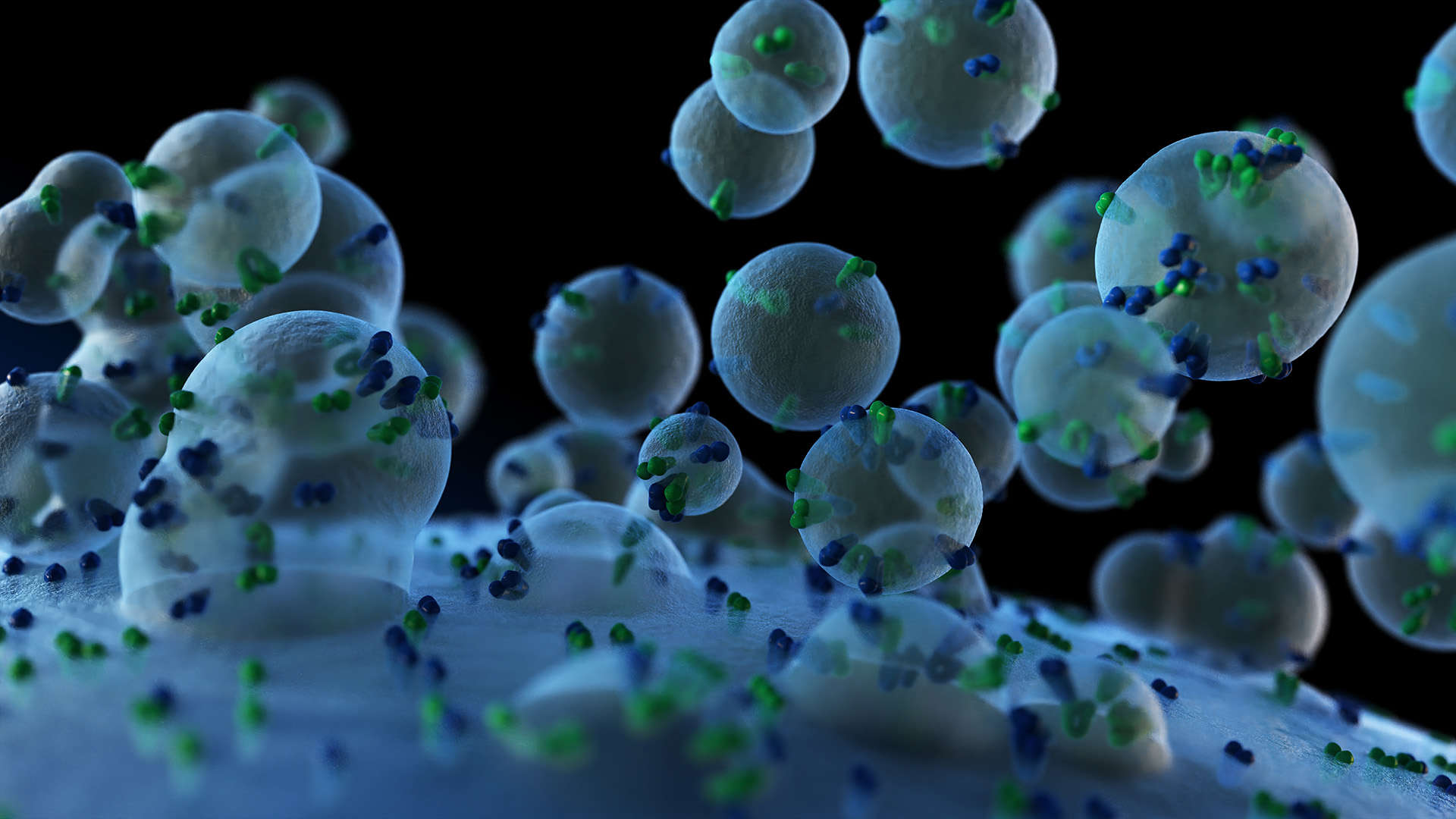Subcellular Structure & Organelle Proteomics Service
Online InquiryThe subcellular proteome further subdivides the research objectives, which helps to understand the response of proteins of different subcellular structures to various factors in a more detailed and in-depth manner. As a good partner of pharmaceutical manufacturers, scientific research institutions and government organizations, Creative Proteomics can provide you with organelle separation and identification, subcellular protein characterization, protein structure analysis, interaction analysis, and subcellular location analysis. Our scientists will take the initiative to contact you to understand the purpose and needs of your project, and customize an exclusive solution for you.
Advantages of subcellular structure & organelle proteomics service
- Rich experience in proteomics service.
- One-stop customized service. No need to worry, save time and energy.
- If necessary, bioinformatics analysis services can be provided.
- Strict quality control ensures that the final result is accurate and reliable.
- Fast turnaround time. The result report is concise and clear.
We provide the following subcellular structure & organelle proteomics services, including but not limited to:
1. Organelle Isolation and Protein Purification
The separation of organelles and the separation and purification of subcellular structural proteins are important steps for studying specific intracellular structures, organelles, proteins or evaluating the interconnection between these macromolecular structures. We can provide you with the classification and separation of common organelles and the separation and purification of subcellular structural proteins, such as mitochondria, chloroplasts, nucleoli, etc.
2. Subcellular Structures Protein Identification
Subcellular protein identification analysis is the use of mass spectrometry to identify all or specific proteins in cells or protein gels/liquids after separation, purification, and enrichment, so as to fully understand the types of proteins in specific environments.
3. Quantitative Analysis of Subcellular Proteome
We can provide you with subcellular protein quantitative analysis. Detect rich changes in protein. Combine differential analysis with quantitative techniques to help study the changes or functions of the proteome under certain physiological or pathological conditions.
4. Post-Translational Modification Analysis
We can provide post-translational modification characterization and protein modification sites determination services. Discovering and studying protein modification sites can promote our understanding of protein function.
5. Protein Subcellular Localization
Knowing the subcellular location of proteins is helpful to the study of gene function, protein interaction and mechanism of action. We can provide subcellular location services, including immunofluorescence labeling, fluorescent protein fusion and subcellular location prediction.
6. Subcellular Protein-Protein Interaction Analysis
Each protein does not independently perform its assigned function in the cell. It usually interacts with other proteins to form large complexes that perform specific functions in a specific time and space. Moreover, the functions of some proteins can only be performed after the complex is formed. We can provide protein interactions analysis service to accelerate your project.
7. Subcellular Protein Structure Analysis
We can provide you with subcellular protein structure analysis services, including X-ray single crystal diffraction service, cryo-electron microscopy service and nuclear magnetic resonance spectrum service.
Want other services? Please contact us. Our professionals will proactively contact you after receiving your email to understand your needs and provide you with assistance.
* For Research Use Only. Not for use in diagnostic procedures.



